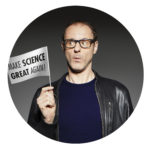Evolution Has a Thing for Wackos
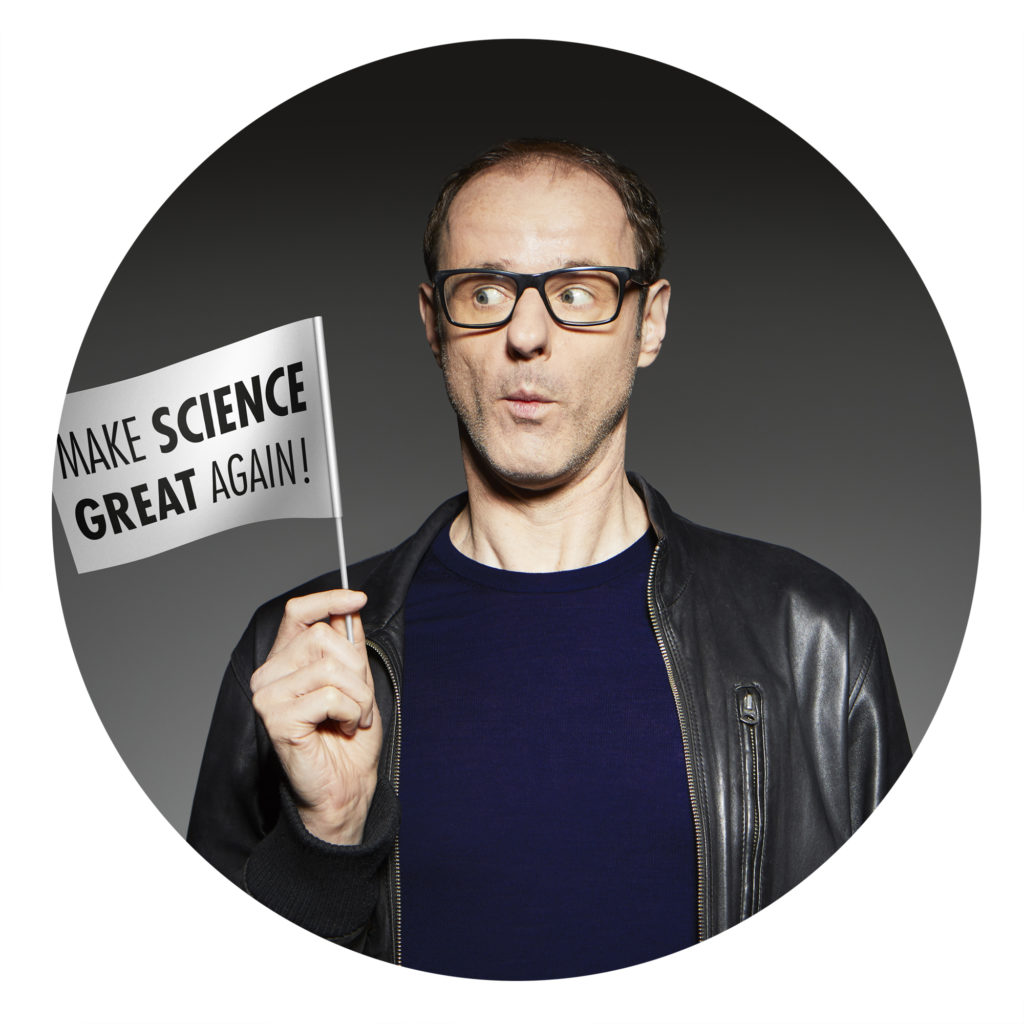
Sometimes I have this dream: I travel back in time to the American natives before the arrival of the Europeans, just moments before a total solar eclipse. Then I go before them and proclaim with a thundering voice: “I have the power to make the sun disappear, and when that happens, you will all die!”
And just when the sun darkens and they all storm toward me to beat me to death, I call out to them: “Hey guys, I was just kidding! In reality, the sky darkens because the moon circles the earth due to a physical force that is proportional to its mass and lessens by the square root of its distance.” And the natives instantly drop their weapons and break into relieved laughter and say: “Wow, I guess we were lucky then, hah?! Please, Vince, tell us more about that fascinating physical phenomenon!”
Of course, this is nonsense. They would not have hesitated for an instant to kill me with axes and clubs! Because humans have always tended to believe in mystical stories rather than in hard facts. That hasn’t changed much over time. In insecure periods like ours, people are especially gullible to conspiracy theories, absurd explanations and fake news.
At one point, Bill Gates is made responsible for spreading the coronavirus, and others say it’s the KGB’s doing. A Muslim cleric claimed that coronavirus was one of Allah’s soldiers on a mission to extinct the Chinese infidels. A colleague of his even told his astonished community that the virus is God’s punishment for homosexuals. Shortly after his sermon, he was infected with coronavirus himself. Coincidence?
Vince Ebert
Even the pope recognizes the pandemic as a sign that we are “abusing our natural environment.” He preached in the pouring rain in front of an empty St. Peter’s Square. At least now he knows how I felt during my early open-air shows.
Note
Our columnist Vince Ebert speaks at congresses, conferences and company celebrations in German and English on the topics of success, innovation and digitization. Here you can hire Vince Ebert as a keynote speaker for your event.
We like to think of ourselves as rational beings who are on a constant quest for the truth. From an evolutionary biological perspective, though, our brains were not at all constructed for finding the truth. To put it bluntly, they don’t give a damn about the truth. Our brain did not evolve to figure out whether the earth is a disc, a sphere or a rotational ellipsoid, but so we could survive in a group of 30 to 40 fellow humans. And for that, it was most important to stick together.
The rational individualist who went out to do his own thing was likely to be devoured by a sable tooth tiger. We didn’t descend from that guy.
Our ancestors were the ones who sat around a fire with wide eyes listening to a guy with an animal skull on his head dancing around the fire while singing strange magical rhymes. Today, this tradition continues on YouTube.
Vince Ebert
Wackos have a clear evolutionary advantage. Even so, we have made substantial scientific progress over the past 300 years. We found out how old the universe is, why some people are color blind, and that light sometimes behaves like a wave and at other times like a particle. We learned to fly to the moon and can communicate over a distance of thousands of miles via smartphones, but simultaneously we have enormous difficulties fighting a tiny virus. We find that incredibly hard to accept.
Why?
We love simple solutions to highly complicated, complex problems: How can we fight global warming? What can I do to avoid skin cancer? What causes allergies? Unfortunately, the answers to these questions are hardly ever unambiguous. In science, there are no absolute truths. Today’s scientific standards can turn out to be incomplete by tomorrow, in extreme cases, even false. Scientists err their way up.
When sperm cells were first discovered under the microscope, one believed them to be parasites.
Vince Ebert
One hundred and fifty years ago, Bavarian doctors were convinced that traveling by train caused mental illnesses. And when recently the new tariff system was introduced, they could finally be proven right.
Ironically one of science’s biggest strengths is the ability to admit a lack of knowledge. Because it is the only way to make progress, or as Einstein put it: “If we knew what we were doing, it wouldn’t be research.”
Scientific methods are elaborate, tedious and often flawed. But they are the only way to achieve profound insights. Despite all the flourishing conspiracy theories on the internet right now, surveys show that in times of coronavirus, there is also a considerable rise of appreciation for science and research in the German public. I mean, what were the odds that a virologist of the Berlin Charité clinic would one day have more followers on Twitter than Germany’s most popular comedian, Mario Barth?
The COVID-19 crisis confronts us with fundamental existential problems, for the first time in ages. This is an excellent opportunity for the scientific community. History shows us this much: Isaac Newton, for example, had his most genius insights when home-locked due to the plague in England. But then again Newton didn’t have to worry about child care. If there had been 10 or 12 screaming brats running around his house, his theory of optics might never have been completed.
That’s the thing about science: It’s a beauty but also quite a piece of work.
For further reading on the topic, Vince recommends the following from our knowledge library:
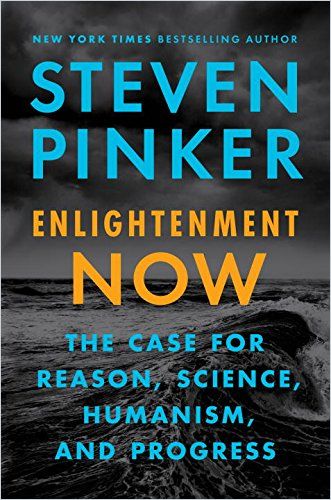
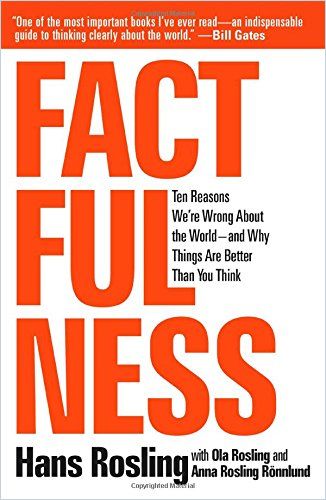
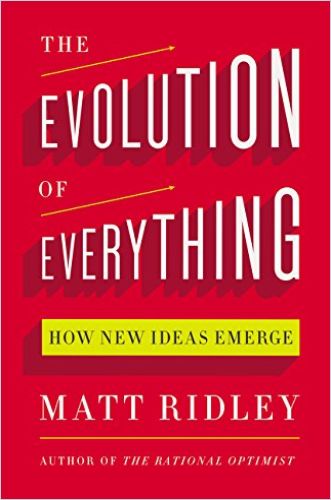
Photo: Frank Eidel
